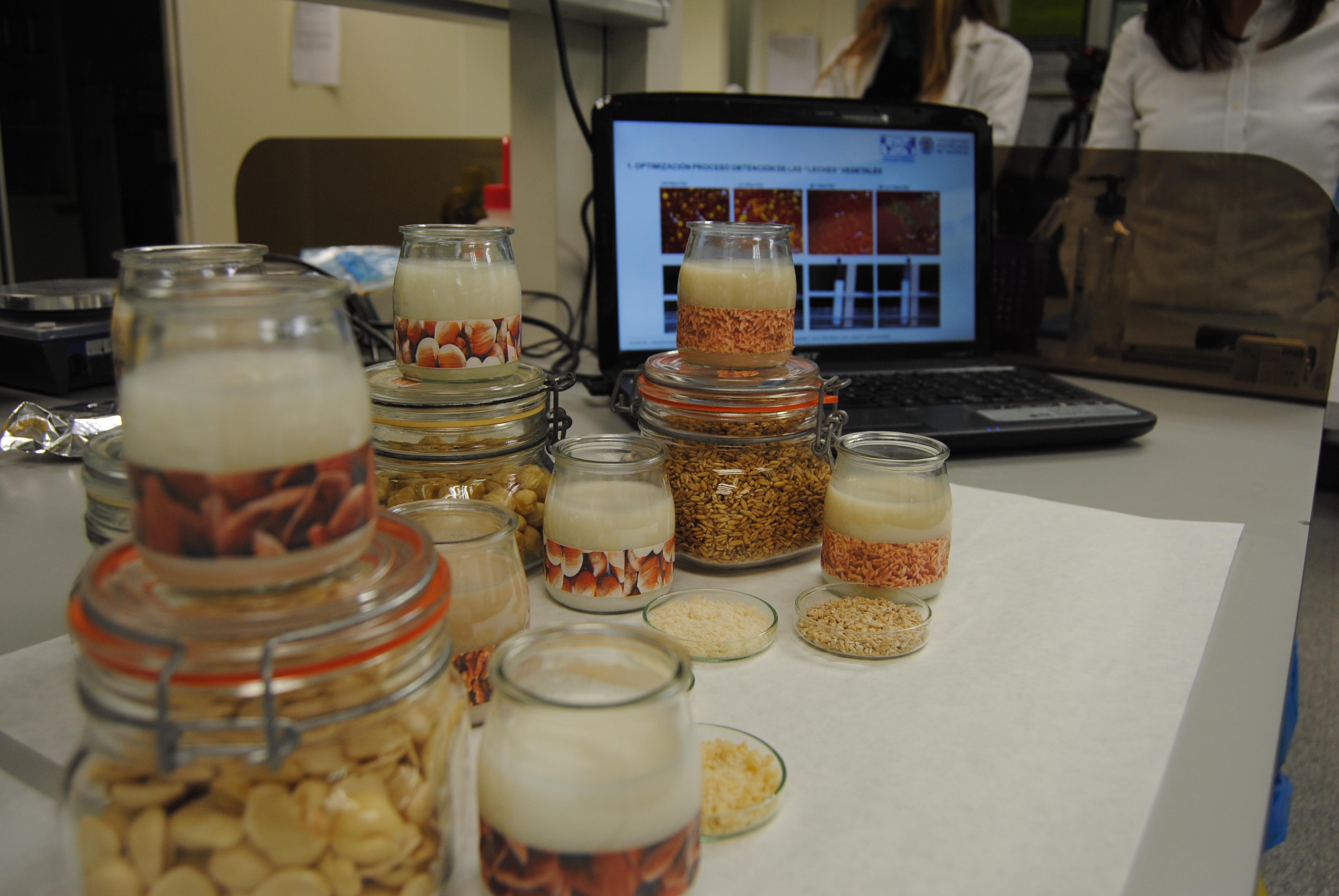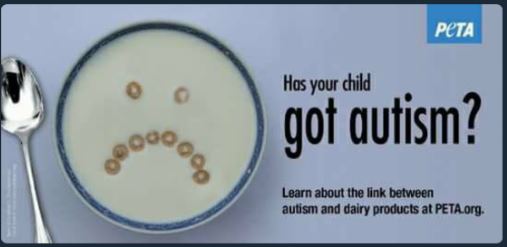Were American consumers that stupid in the 1990s? If so, FDA no longer believes it, nor do they believe that consumers will be fooled by anything, because products made from juice squeezin's can be called "milk." The public knows it is not really milk, FDA says. Alternative milk companies don't like it anyway.
Since 1984, government agencies have been able to circumvent Congress thanks to a Supreme Court ruling ("Chevron deference") which said they could create any regulations they needed if it is in their mandate. As you can imagine, it has been open season on science ever since and now companies are so jaded by government anti-corporate posturing that even draft guidance is seen as regulations.
That is why it is not entirely open season on the public. Plant juice companies had hoped they could just call themselves milk but I can't just call bacon a vegan food and FDA is still telling plant juice companies to note direct comparisons to real milk - to avoid invalid nutrition comparisons associated with real milk.

Alternative yogurt. Credit: Asociación RUVID
Activists are objecting to even a win for their clients - by saying if they are required to have any truth in labeling it will increase climate change. "If the U.S. is serious about meeting its climate commitments, imposing arbitrary regulatory hurdles that disadvantage the plant-based dairy industry is the last thing the FDA should be doing," wrote Good Food Institute lawyer Madeline Cohen in their objection.
It is complete nonsense, but there is no risk in asking for more since they already got a win. It is not like FDA will suddenly clamp down on "broccoli rice" when they are not even allowed to regulate supplements. And such mild objections are tame compared to the old days, when their allies claimed milk, along with vaccines, caused autism.



Comments